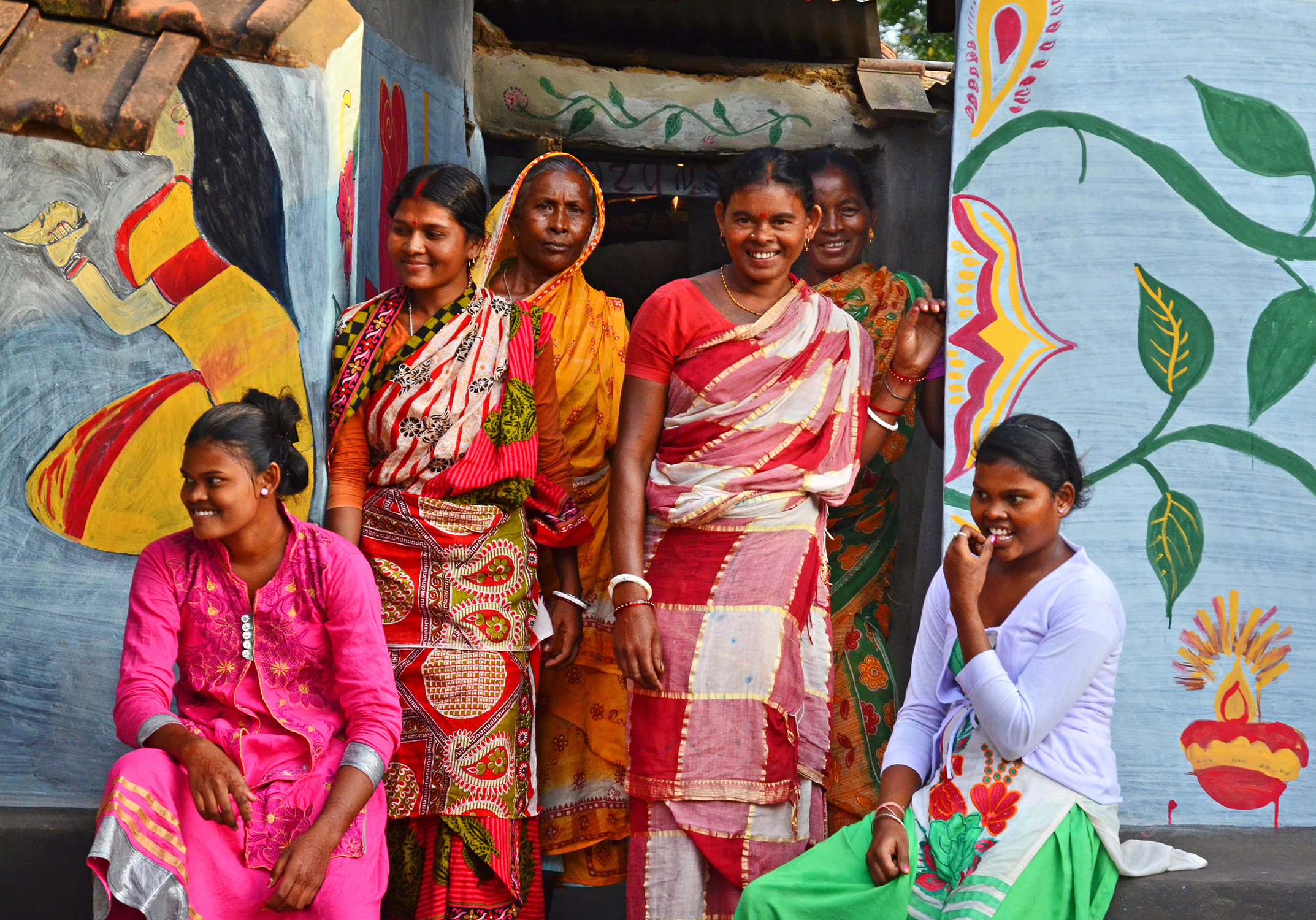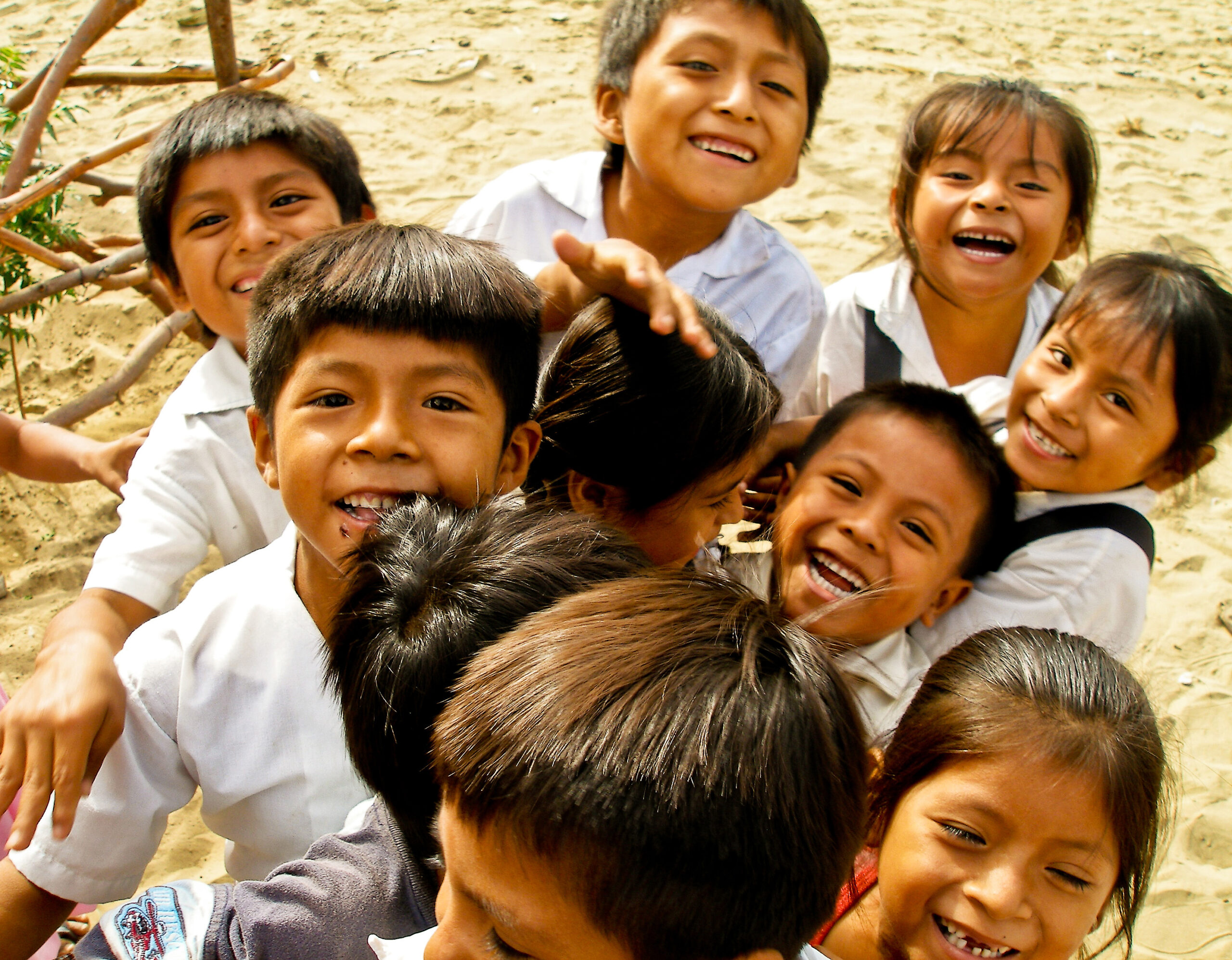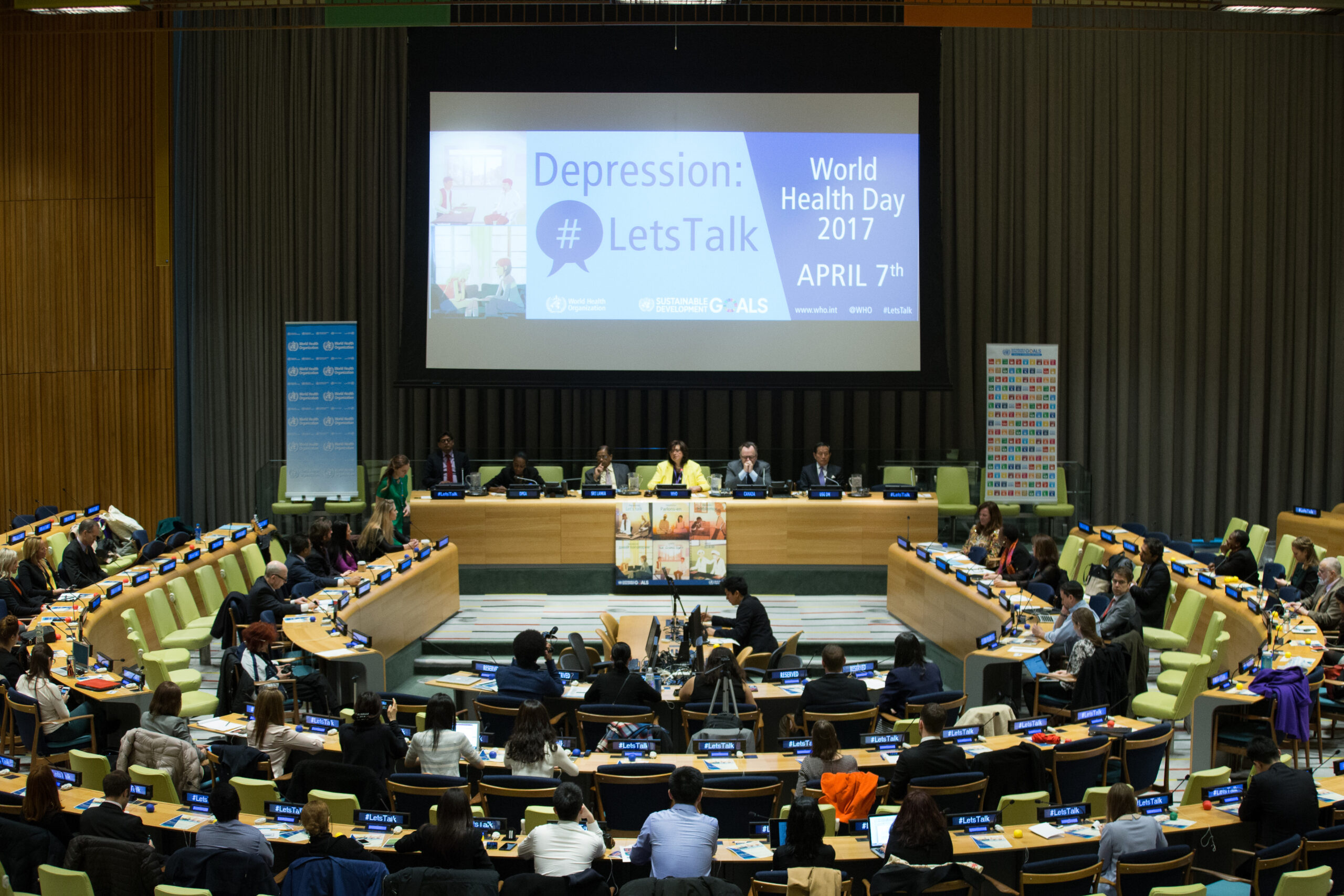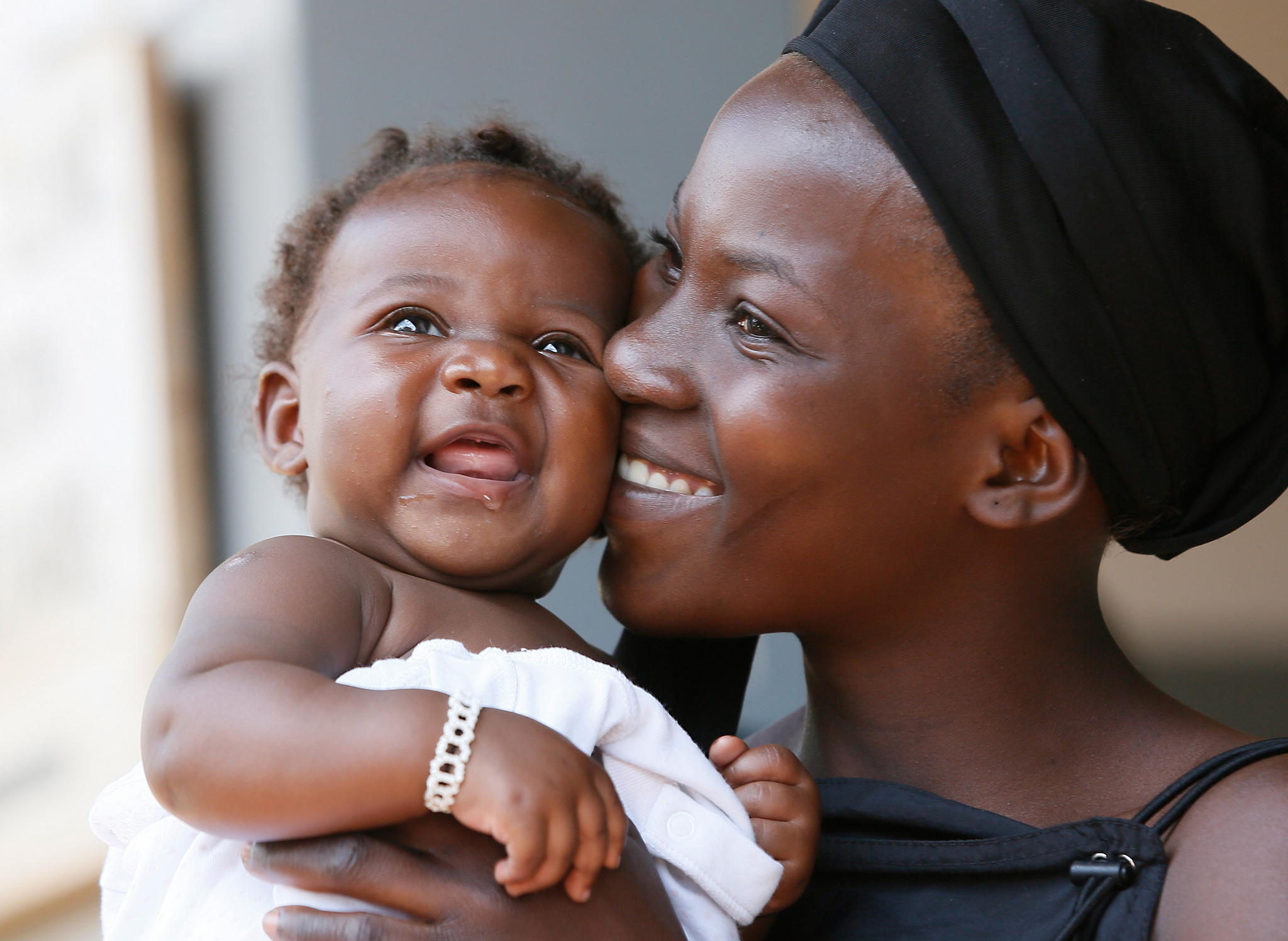Shaping a New Narrative
GLOBAL HEALTH SECURITY:
SHAPING A NEW NARRATIVE

Global health security has long been seen as a public health & international development issue.
While true, the prevailing narrative often conflates “health Security” with “National Security. ”
this has benefits:
Greater investment in preparedness, response, and recovery policies and programming
Connecting the issue of global health to national security/foreign policy has driven needed investment in preparedness, response & recovery policies/programming.
Conveys a sense of urgency
Narratives such as “security” and “war” convey important messages of urgency for issues that need attention.
Funding and political commitment
Advocacy for health security drove funding & political commitment. As a result, global health organizations pragmatically shifted their messaging, regardless of their primary focus.
Throughout covid-19, “global health security” has been discussed more than ever.
There has been a push to frame pandemics as a global health security issue. Though policy makers were eager to hear messages related to global health security, the focus was largely on protecting individual populations and economies.
But, an entirely national security-based definition has unintended consequences. What does it really mean?
Whose health and security is at risk?
Who needs protecting?
Who determines the priorities?
What is – and is not – included in the definition?
Reaction, rather than planning
Too many topics included under the umbrella of “health security” waters down the concept and reduced its appeal to decision makers.
a “Boom & Bust” cycle of funding

What if, instead, we approached global health security from a solidarity perspective?
What if we established a definition of global health security that is holistic and centers human rights, equity, dignity, and thriving development by:
Having more seats at the table
Civil society and communities understand the needs — and have gained the trust of — the populations they represent. They should not only be at the planning table, but take a leading role in making strategy and funding decisions.
Widening our radar screens
Other global threats (e.g. climate change and antimicrobial resistance) as well as structural drivers (e.g. governing processes, economic, and social policies) must be considered within a security framework.
Building our health systems muscle
Strengthening health systems will ensure they are more resilient and able to cope with emerging threats from within, rather than relying on outside donors for sporadic infusions of funding.

Call to Action
For Governments:
Scale Up
health systems strengthening, especially at the community level. Ensure all people have access to quality health services, when and where they need it, without suffering financial hardship.
Invest
in a strong and resilient workforce that can cope with emerging threats and maintain essential health services during a crisis. Key to this is supporting health workers by providing safe labor conditions, proper accreditation and remuneration for their work, and additional training to prepare for future crises.
Engage
communities and affected populations as key partners in decision making. As funding and policy decisions are made, key affected populations must play a leading role in developing the solutions that will work best in their unique community contexts. They should be at the heart of health security planning because they have the field experience to make the most effective and community oriented programmatic decisions.
For multilateral, technical, and implementing agencies:
Apply
a multi-sectoral and integrated approach to health. Address the gender and socio-economic drivers of health inequalities and focus on equitable outcomes for health, including through pro-equity social protection measures.
Implement
structures and mechanisms that secure the participation of LMIC CSOs and communities in decision-making processes in a meaningful way. Work to ensure that knowledge and lived experiences of communities and populations most at risk of being left behind are the basis for global health programming, policy development, implementation, and monitoring.
Utilize
and share disaggregated data to identify and act upon inequities within global health security responses. It is not enough to monitor the health and health resources needed for the general population as those alone can hide large disparities among subgroups of people and undermine a solidarity response.
For civil society and communities:
Advocate
for meaningful inclusion of civil society and communities in global, regional, and national decision-making on health security programs, policies, and resources.
Engage
with current global health security initiatives such as the Pandemic Fund, the Pandemic Accord, International Health Regulation Reform, and National Health Action Plans.
Amplify
the message that national security cannot be the primary justification for global health security decisions. This approach is not only unsustainable, but also unjust. Instead, our collective well-being requires an approach that reaches across sectors, communities and countries, with health and social justice at its core.
